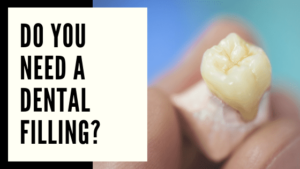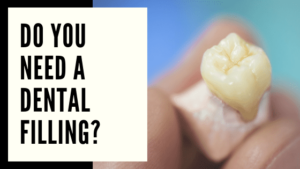A good oral care routine is a sign of a healthy smile. We’re all aware that brushing and flossing on a regular basis is an essential part of such a routine. It should also be supplemented with regular dental cleanings. Brushing twice a day, however, will not protect you from decay if you do not know the proper brushing technique. Our dentists at Smiles Of Memorial have listed below the steps to master the art. Your Houston dentist has got your back!
The Different Stages of Brushing
Along with brushing, you must also know how to floss properly. Consult your Houston dentist to find out how! This will take your oral care game up a notch and you can enjoy the benefits throughout your life.
Choosing The Ideal Equipment
The right tool is essential for effective cleaning. In the case of a manual brush, you must seek the advice of a dentist. To get better access, choose a brush with soft bristles and a small head. Replace them every three months if the bristles begin to fray. Electric toothbrushes are the best option for people who suffer from limited dexterity and have difficulty brushing their teeth. You must also be mindful of the toothpaste you use. Choose one with fluoride for the best results.
The Outermost Exterior
Begin with the outermost surface of your teeth. Brushing should be done slowly and with great care. Use slow, circular movements to ensure you don’t miss any spots.
Correct Angle
While brushing, tilt the toothbrush at a forty-five-degree angle. Guide it around the gum line to ensure the elimination of plaque and tartar.
The Inner Surface
The inner surface is difficult to reach and is often overlooked when brushing. Plaque is most likely to pile up in these areas as well. Brush the internal surfaces back and forth while tilting your brush at the previously stated angle.
Chewing Surface
Don’t overlook your chewing surfaces. This is the most prone to plaque and tartar accumulation. Brush back and forth with slight pressure while holding the brush flat.
Brush Your Tongue
Don’t forget to brush your tongue as well. Your tongue can serve as a hotbed for harmful bacteria, making you prone to oral infections. It will also aid in the elimination of bad odors and help you to achieve a fresh breath. You can consult your dentist in Houston before choosing a mouthwash for yourself.
Rinse Your Mouth
Wait for a few moments after you’ve completed the entire process. Then, carefully rinse your mouth with water and spit out any excess toothpaste. You can also substitute mouthwash for the water. It is best to wait for a few minutes or the fluoride that you just used could also get washed away.
Twice A Day For Two Minutes
You can control the brushing process by using a timer. For a good maintenance, brush each surface for at least thirty seconds. Do this after you get out of bed in the morning and before you go to bed. We hope that these steps have helped you understand how to properly brush your teeth.
We hope this blog has helped you to understand the proper steps when it comes to brushing. Share this with your family and friends. Get in touch with us at Smiles of Memorial if you are looking for the best dental care services in Houston, TX.



